| One Evening in December as my Father, my Mother and myself, were arranged in social converse round our Fireside, we were on a sudden greatly astonished, by hearing a violent knocking on the outward door of our rustic Cot. My Father started—“What noise is that,” (said he.) “It sounds like a loud rapping at the door”—(replied my Mother.) “it does indeed.” (cried I.) “I am of your opinion; (said my Father) it certainly does appear to proceed from some uncommon violence exerted against our unoffending door.” “Yes (exclaimed I) I cannot help thinking it must be somebody who knocks for admittance.” “That is another point (replied he;) We must not pretend to determine on what motive the person may knock—tho' that someone DOES rap at the door, I am partly convinced.” --- Love and Freindship, Jane Austen (juvenilia) |
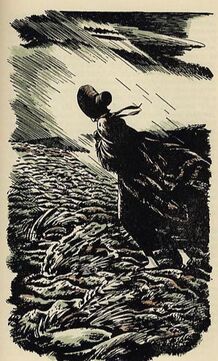 Before Jane Eyre on the moor, there was Louisa
Before Jane Eyre on the moor, there was Louisa Jane Austen’s characters and stories are so beloved that some of her devotees might think it treasonous to suggest that she owes anything to other novelists. Her own voice is so distinct and her genius shines so bright. We discuss her literary creations as though they are living, breathing people. How could anyone think that Austen drew on other writers for plot ideas and characters?
Many scholars do think so. And of course, we know she lampooned existing novels for her juvenile parodies. For example, the opening of Elizabeth Helme's 1789 novel Louisa, or the Cottage on the Moor, is satirized in Austen's hilarious juvenile work Love and Freindship. While she was writing her juvenilia, she was honing her art.
Helme's story begins: On a frosty night, the latter end of December (when the mild radiance of the moon, to a mind at ease, might have made even this rough scene delightful)--the inhabitants of the cottage were disturbed by a loud knocking, which was answered by a female voice, who from a window in the upper story demanded the reason of this late alarm!
Who knows, perhaps the idea of a heroine wandering on the moor and ending up at a lonely house inhabited by poor but honest genteel folk inspired more than one novel.
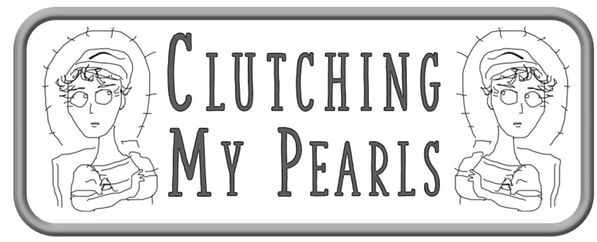
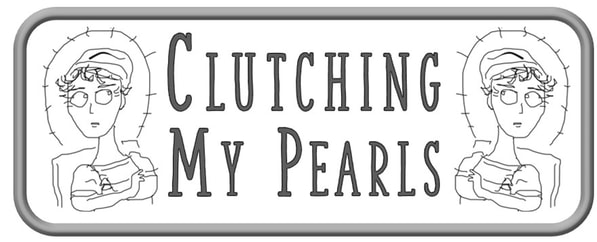

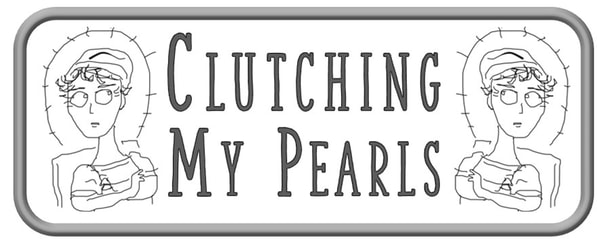
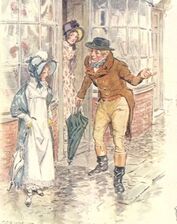
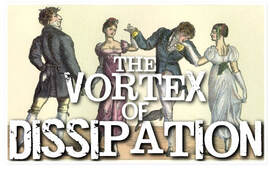
 RSS Feed
RSS Feed